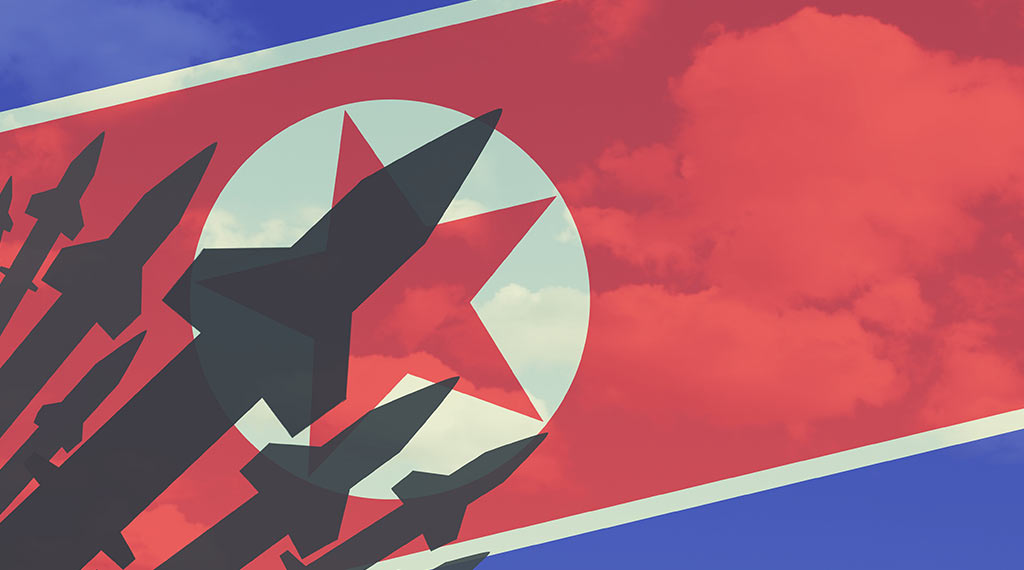
The Biden administration wants ‘discussions’ on Pyongyang’s nuclear program, but the regional situation is extremely complex
Negotiating with North Korea is more complicated than meets the eye, even though US President Joe Biden’s administration is anxious to start. It is true that North Korea is not in any hurry to resume discussions with the United States despite the White House pushing for “discussions.” But the truth of the matter is that you don’t undertake “discussions” or “negotiations” without an agenda, which must include a roadmap.
Biden has explicitly scrapped former president Donald Trump’s policy on North Korea. That appears also to bury the Singapore Summit and the written denuclearization agreement between Kim Kong Un and Trump.
There are many issues that separate North Korea from the US and from others, particularly South Korea. It should always be kept in mind that there is only an armistice agreement between North Korea and China and the United States, in place since 1953.
For the US the main issue is denuclearization, that is, the elimination of North Korea’s nuclear arsenal and the means of making nuclear weapons.
This is quite a complicated matter, since North Korea is already far advanced in building a nuclear weapons arsenal. Moreover, North Korea has the possibility of different weapons’ delivery systems, including advanced ballistic missiles, both land-based and submarine-launched. North Korea also has cruise missiles in its arsenal and has been improving them for accuracy and payload size.
It is not quite clear what types of nuclear weapons are in North Korea’s arsenal. The most basic kinds are fission weapons, which typically have a yield in kilotons. Upscale from fission weapons are boosted fission weapons, designed to increase the size of an atomic blast. And beyond fission and boosted are fusion or hydrogen nuclear weapons, which can deliver megatons in explosive power.
Photos of Kim Jong Un inspecting nuclear warheads show what looks like copies of American fusion weapons, but these may be solely for propaganda purposes. Previous tests of nuclear weapons and blast size suggest North Korea has boosted weapons, although a case can be made for fusion weapons.
The most recent test reportedly had a yield of 140 kilotons, about 10 times that of the Hiroshima uranium fission bomb, but still short of megatonnage range.
Click HERE to read more.
- Israel’s attack on Iran: What we know so far - April 23, 2024
- Apply Israel-Iran lessons to Taiwan - April 18, 2024
- Rethinking tanks on the modern battlefield - April 12, 2024
